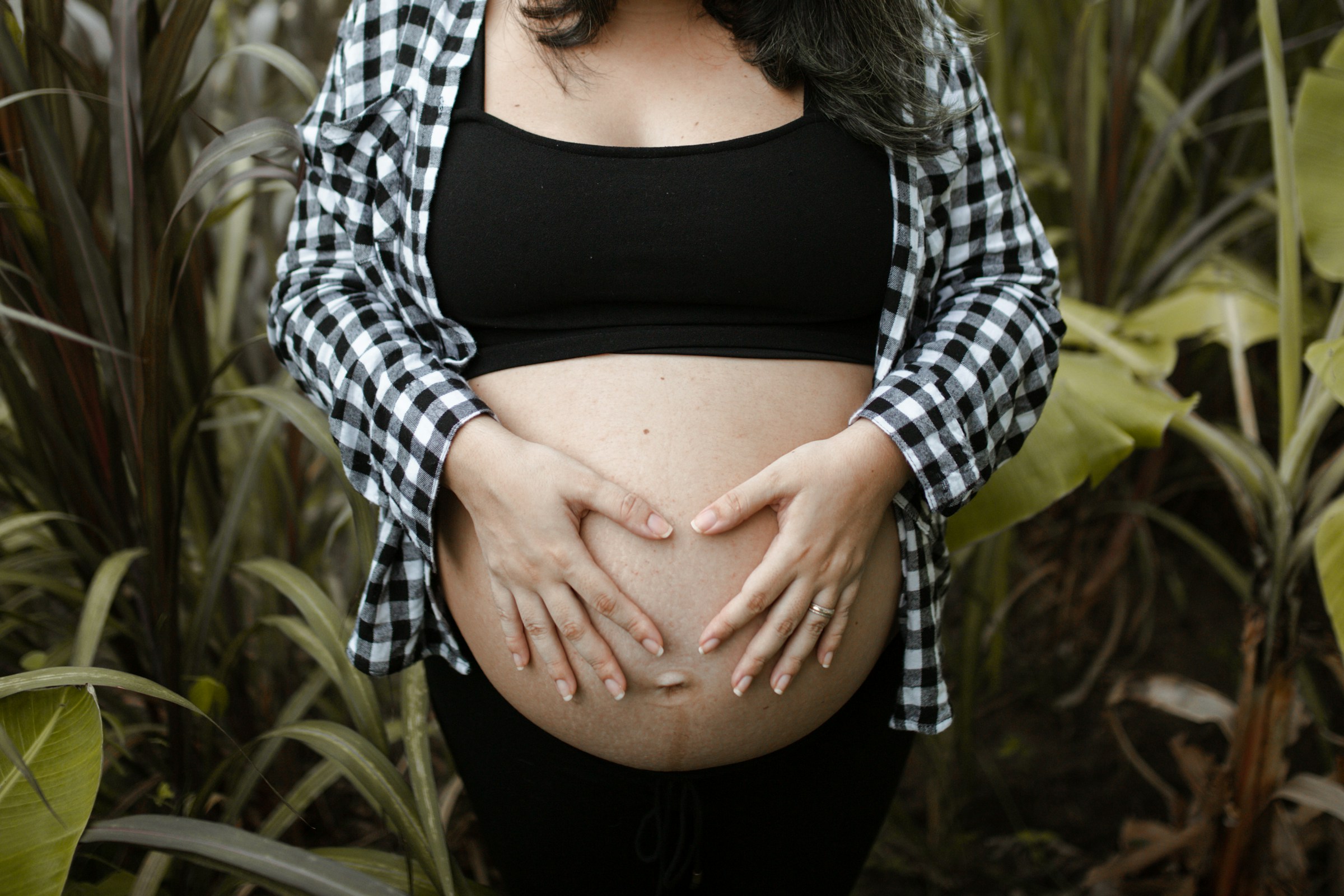
When you're an anxious parent, your child is likely to notice — even if you don’t say anything. The question is: should you talk to your child about your anxiety? In many cases, the answer is yes — especially if they’re old enough to understand.
Talking openly about your anxiety can help normalise the experience, reduce confusion or fear, and encourage your child to develop healthy emotional habits of their own. Children of anxious parents are up to seven times more likely to develop an anxiety disorder themselves, so modelling awareness and positive coping is incredibly important.
When is it appropriate to talk to your child?
It's important to consider your child’s age and emotional maturity. A toddler may not benefit from a conversation about anxiety, but school-age children and teenagers often pick up on more than we think. If they’ve noticed changes in your behaviour or asked questions, it may be the right time to have a gentle, reassuring conversation.
Why it helps
Talking about anxiety can:
- Normalise mental health conversations
- Help your child make sense of your behaviours
- Show that coping is possible
- Build trust and emotional openness
It also helps reduce the stigma around mental health, teaching your child that anxiety is not something to be ashamed of — and that it can be managed with the right tools.
How to explain anxiety simply
Use clear, age-appropriate language. For example:
“Sometimes I feel really nervous or overwhelmed, like before a big presentation or when something is stressing me out. I’ve learned that taking deep breaths or having a quiet moment can help me feel better.”
With younger children, focus more on physical sensations (e.g. “my tummy feels tight” or “my heart beats faster”). For older kids or teens, you can explain that anxiety is a normal reaction to stress, and not something to fear.
Focus on solutions
While honesty is important, avoid dwelling too much on the negative side of anxiety. Instead, focus the conversation on how you cope. This helps your child see that while anxiety can be tough, there are healthy and effective ways to manage it.
Some strategies you can share include:
- Deep breathing
- Mindfulness
- Talking to someone you trust
- Taking breaks when overwhelmed
These coping techniques not only show your child that anxiety is manageable — they also give them tools they can apply to their own lives.
Keep it calm and reassuring
This should be a measured, supportive conversation — not an emotional overshare. Avoid dramatic language or too much detail. Instead, show that you’re aware of your anxiety and you’re working through it. Reassure them that you’re okay and that you have tools to manage it.
Final Thoughts
Talking about your anxiety with your child can:
- Strengthen your bond
- Help them understand emotional health
- Encourage resilience and openness
Just make sure to keep it age-appropriate, practical, and focused on solutions. Anxiety doesn’t have to be a scary or hidden topic. It can be a shared human experience — one that teaches empathy, communication, and strength.
Related articles
Explore our wide range of expert-led articles, guides and tips on parental mental wellbeing.


